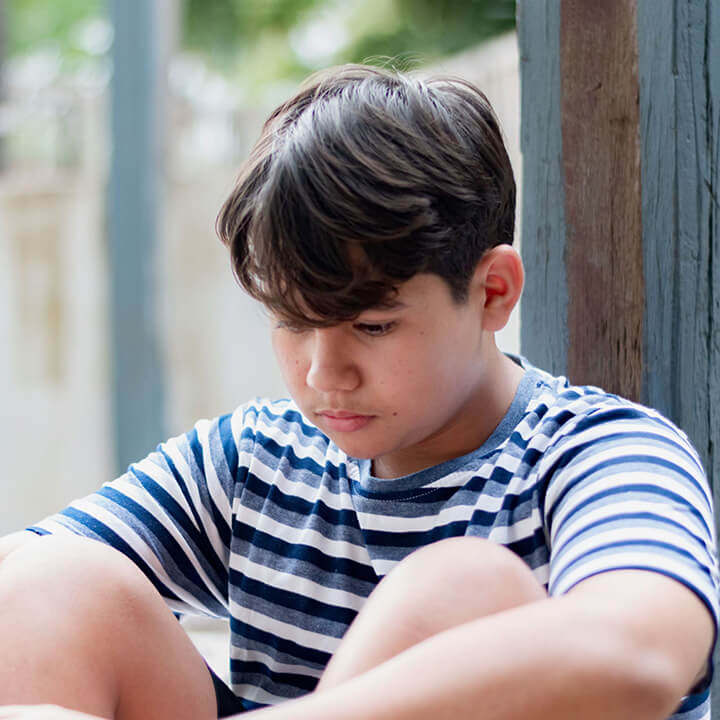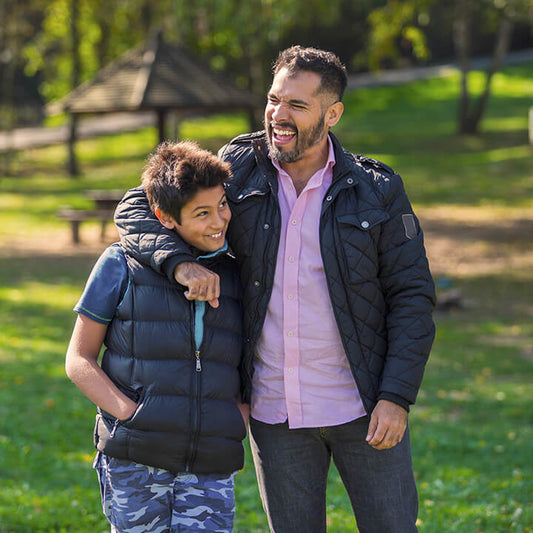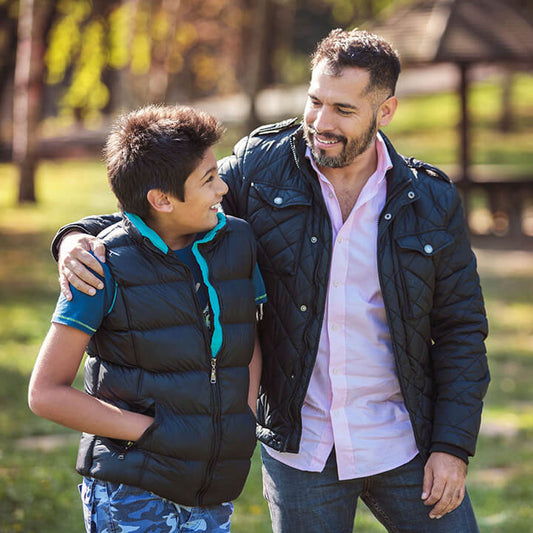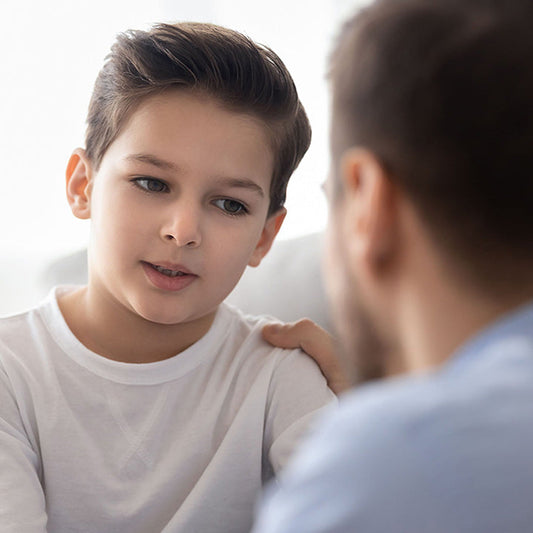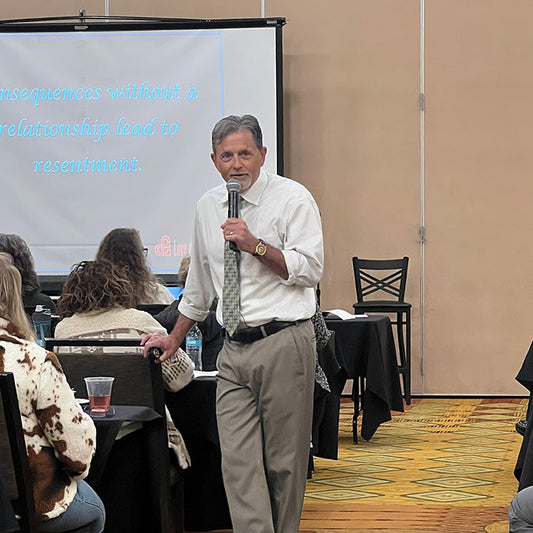The reality about bullying is that we have limited control over the world and how our children are treated by it. At Love and Logic, we believe the best solution for bullying is not necessarily found in bullying prevention strategies alone. Instead, we help our children by giving them the emotional strength and skills needed to navigate these difficult encounters with confidence and resilience.
The Love and Logic Approach to Bullying Prevention
Over the years we have developed a practical, effective approach for parents to use when their kids face bullies. This approach is based on simple steps.

Listen with Empathy
When children confide that they are being bullied, the first step is to simply listen. Listen with empathy and allow them to express their full range of emotions. Empathic listening—free from judgment or immediate problem-solving—communicates that their feelings are valid and that they are not alone.
Get Their Perspective on Solutions
Deep down, children feel empowered when we ask them, “What do you think you might do to solve this problem?” This simple question communicates our belief in their ability to cope and invites them to begin thinking through their options.
Resist the Urge to Solve the Problem for Them
It is natural for parents to feel they need to intervene, but in most cases, it is best to resist this urge. When we solve the problem for them, it sends the message that they are incapable of solving the problem for themselves.
Ask Permission to Share Possible Solutions
If a child is open to suggestions, a parent can offer suggestions that leave control in the child’s hands. Learning to effectively deal with a bully often depends on the child’s ability to stay composed, or even use a bit of humor, when the bully tries to provoke them. Help them understand that some trial and error is usually part of the process. You can offer “experiments” by saying:
“Some people (or kids) decide to experiment with _______.
How will that work for you?”
These suggestions can teach kids that experimenting, adjusting, and learning from social experiences is part of becoming emotionally strong. It can also serve as a means of teaching kids empathy.
Intervene When Necessary
We need to step in when severe bullying leaves our children unable to cope physically or emotionally—that’s part of being a caring parent. At the same time, it’s important to remember that stepping in too often can prevent kids from learning how to handle bullying and may even make them more likely targets. Still, when the situation calls for it, parents should not hesitate to act.

Final Thoughts
Parents cannot create a world free of stress and conflict for their children. No matter how much we protect them, they will eventually face a world full of difficult people. Helping them at an early age to develop the skills and emotional strength necessary to handle bullying will help them throughout their lives.
One of our more popular titles is my book, Bullying: When Your Child is the Target, which has helped thousands of parents give their kids the support that they need to address bullying.
Thanks for reading!

